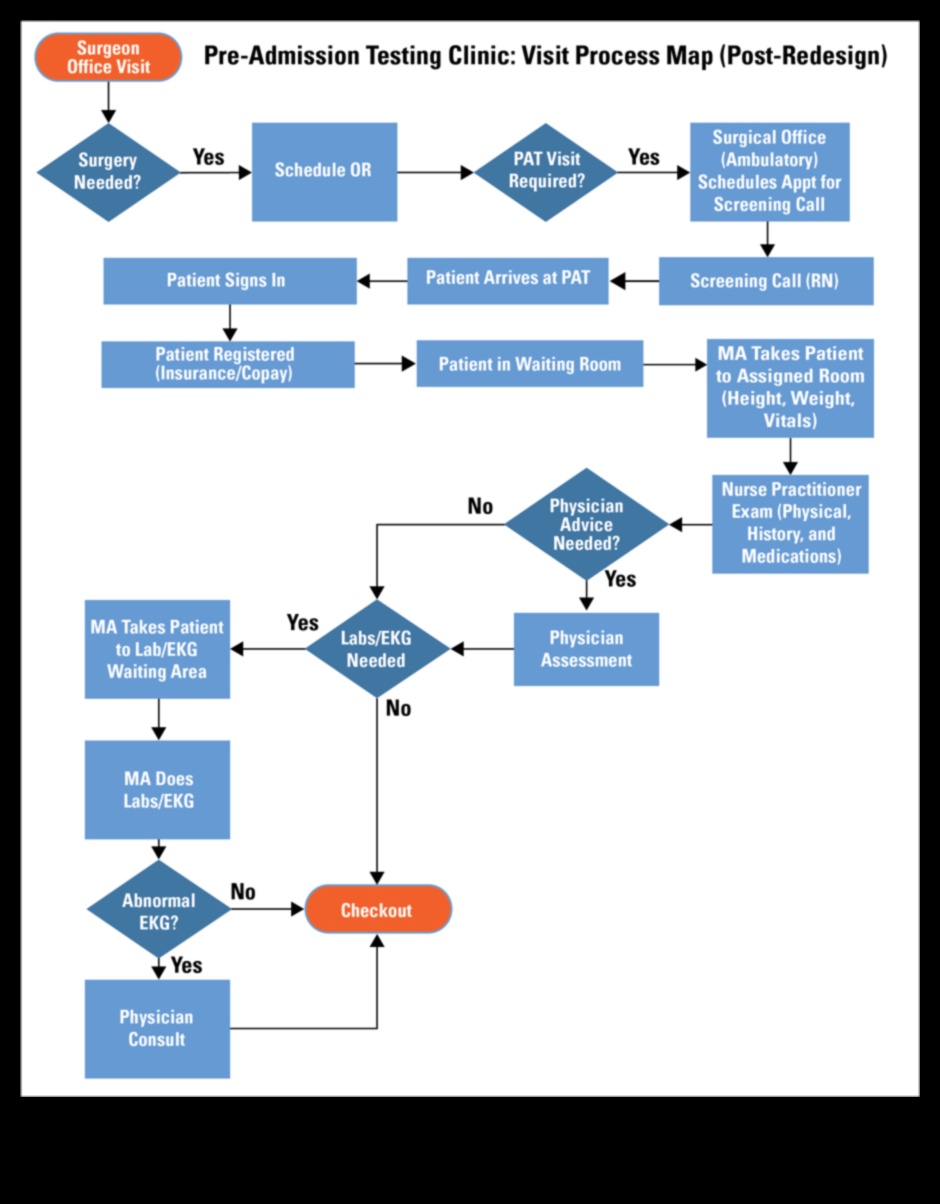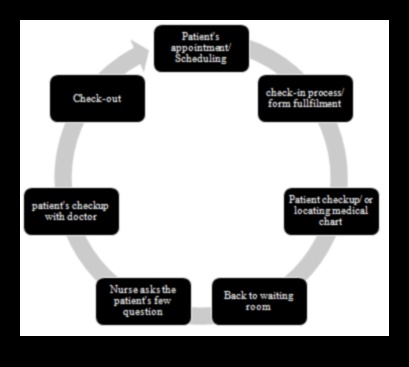 Response format is unexpected.
Response format is unexpected.
Response format is unexpected.

II. What is pre-admission testing?
Pre-admission testing (PAT) is a series of medical tests that are performed before a patient is admitted to a hospital or other healthcare facility. The purpose of PAT is to identify any medical conditions that could potentially interfere with the patient’s treatment or surgery. PAT can also help to identify patients who are at risk for complications, such as heart attack or stroke.
III. What is pre-admission testing?
Pre-admission testing is a series of medical tests that are performed before you are admitted to a hospital or other healthcare facility. The purpose of pre-admission testing is to identify any health problems that could be a risk factor for surgery or other procedures. Pre-admission testing can also help to ensure that you are healthy enough to undergo the treatment you need.
Pre-admission testing typically includes a physical exam, blood tests, and urine tests. You may also be asked to provide a history of your medical conditions and medications. The specific tests that are required will vary depending on your age, health history, and the type of procedure you are scheduled for.
Pre-admission testing is important because it can help to identify and treat any health problems that could be a risk factor for surgery or other procedures. By identifying and treating these problems before you are admitted to the hospital, you can reduce your risk of complications and improve your chances of a successful outcome.

II. What is pre-admission testing?
Pre-admission testing (PAT) is a series of medical tests that are performed before a patient is admitted to a hospital or other healthcare facility. The purpose of PAT is to identify any health conditions that could pose a risk to the patient during surgery or other procedures, and to ensure that the patient is healthy enough to undergo the planned treatment.
PAT typically includes a physical exam, blood tests, and urine tests. Depending on the patient’s medical history and the planned treatment, other tests may also be required, such as an electrocardiogram (EKG), chest X-ray, or pulmonary function test.

V. How much does pre-admission testing cost?
The cost of pre-admission testing can vary depending on the type of tests that are required, the location of the testing facility, and the insurance coverage that you have. In general, pre-admission testing can cost anywhere from a few hundred dollars to a few thousand dollars.
If you are uninsured or underinsured, you may be able to find affordable pre-admission testing options through government programs or community health centers. You can also contact your hospital or healthcare provider to see if they offer any financial assistance programs.
It is important to budget for the cost of pre-admission testing when you are planning for your upcoming surgery or procedure. This will help you to avoid any unexpected financial burdens.
II. What is pre-admission testing?
Pre-admission testing is a series of medical tests that are performed before a patient is admitted to a hospital or other healthcare facility. The purpose of pre-admission testing is to identify any health conditions that could potentially interfere with the patient’s treatment or surgery.
Pre-admission testing typically includes a physical exam, blood tests, and urine tests. In some cases, the patient may also need to undergo X-rays, electrocardiograms, or other tests.
The results of pre-admission testing are used to help the healthcare team develop a plan of care for the patient. They can also help to identify any potential risks or complications that may arise during the patient’s treatment or surgery.
VII. Benefits of getting pre-admission testing
There are many benefits to getting pre-admission testing, including:
- Identifying any health conditions that could be a risk during surgery or hospitalization
- Ensuring that you are healthy enough to undergo the procedure or treatment you are seeking
- Receiving treatment for any pre-existing conditions before your surgery or hospitalization, which can help reduce your risk of complications
- Getting peace of mind knowing that you are prepared for your upcoming procedure or treatment
If you are considering pre-admission testing, be sure to talk to your doctor about the benefits and risks. Your doctor can help you decide if pre-admission testing is right for you.
Risks of not getting pre-admission testingThere are a number of risks associated with not getting pre-admission testing. These risks include:
- Delays in treatment
- Increased risk of complications
- Increased cost of care
- Risk of misdiagnosis
- Risk of unnecessary surgery
By getting pre-admission testing, you can help to avoid these risks and ensure that you are prepared for your upcoming surgery or procedure.
IX. Conclusion
Pre-admission testing is an important part of the admissions process for many colleges and universities. It can help to ensure that students are healthy and prepared for the academic rigors of college life. By understanding the purpose of pre-admission testing, the different types of tests that are typically required, and how to prepare for these tests, students can make the most of the pre-admission testing process and increase their chances of being admitted to their dream school.
X. FAQ
Question 1: What is pre-admission testing?
Pre-admission testing is a series of medical tests that are performed before a patient is admitted to a hospital or other healthcare facility. The purpose of pre-admission testing is to identify any health conditions that could be a risk to the patient during surgery or other procedures, and to ensure that the patient is healthy enough to undergo the planned treatment.
Question 2: Why is pre-admission testing important?
Pre-admission testing is important because it can help to identify and prevent medical complications that could arise during surgery or other procedures. By identifying any potential health risks, pre-admission testing can help to ensure that patients are safe and have a positive experience during their stay in the hospital or healthcare facility.
Question 3: What are the different types of pre-admission tests?
The types of pre-admission tests that are required will vary depending on the patient’s medical history and the procedure that they are scheduled to undergo. Some common pre-admission tests include:
- Blood tests
- Urine tests
- Electrocardiogram (EKG)
- Chest X-ray
- Mammogram
- Colonoscopy
- Prostate-specific antigen (PSA) test